Folk Music
Folk Music Thesis Folk is important because it inspired change during the Civil Rights Movement and united Americans of all races under one cause. History
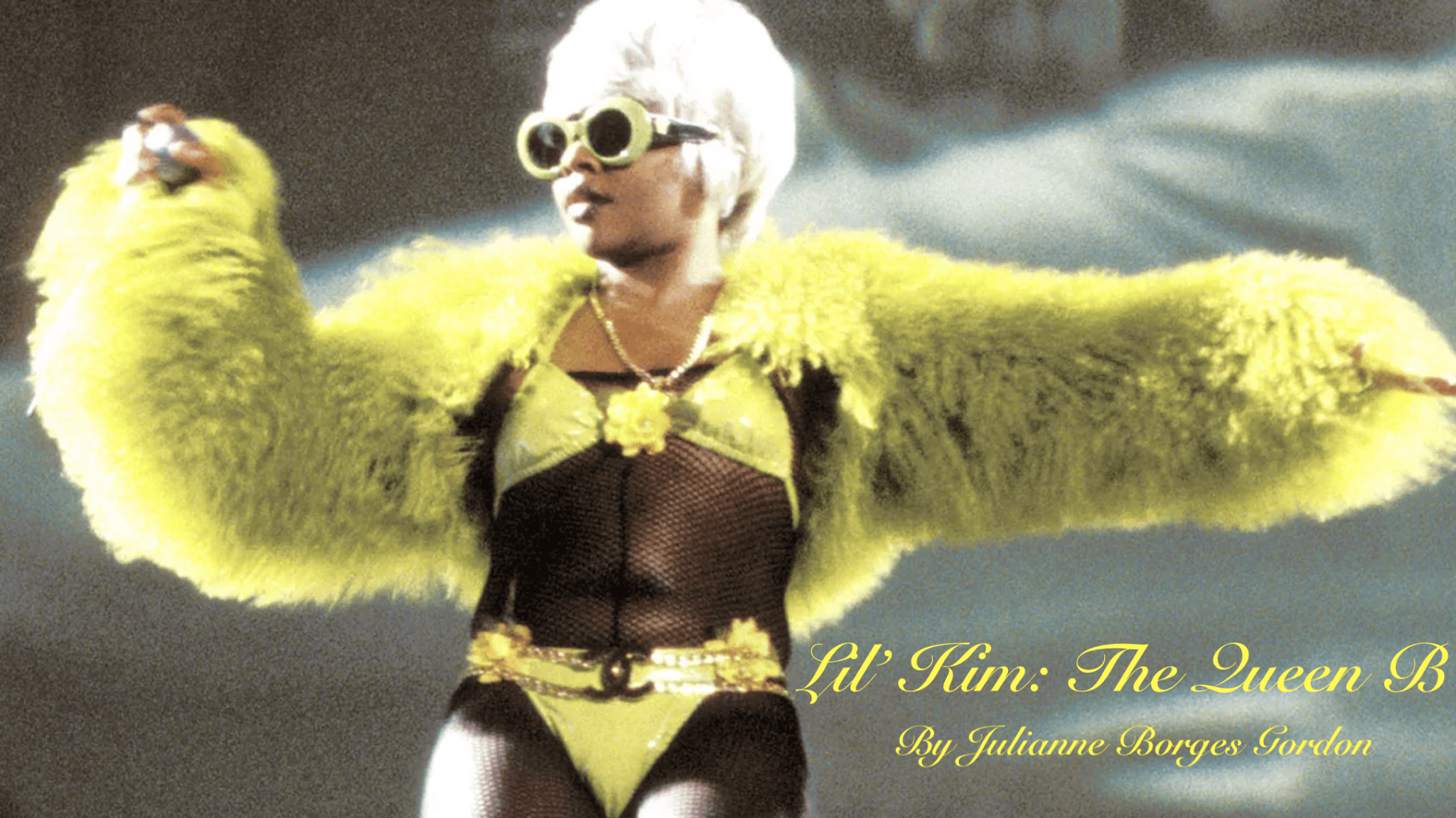
I am definitely the queen. I definitely see myself as the queen.
Lil' Kim Tweet
Lil’ Kim is one of the most influential artists of all time and her music, lyricism, and personas built the foundation for all of the artists we recognize today. I learned about Lil’ Kim’s impact and why she was able to have such a major influence that continues today. Through collecting and interpreting cultural significance from scholarly sources, I was able to conduct research on Lil’ Kim, her life, and her music. I also pulled information from past interviews, music videos, and music reviews to understand how Lil’ Kim was perceived at the time.
Lil’ Kim is a living legend whose impact has paved the way for all women in music. She is the true embodiment of a trailblazer and a rule breaker. Lil’ Kim completely changed hip-hop as we know it today. She is also known as Queen B, which means Queen Bitch, and lives up to her name. Lil’ Kim’s hardcore raps, uncensored, sexually driven raps went against distorted ideas of femininity and eliminated limitations of feminine expressions in hip hop. She also defined what it means to be not only ahead of her time but also innovative. Along with her other accomplishments, her first history-making moment was when Hard Core debuted at #11 on the Billboard 200— the highest 100 debut for a female rap album at the time. The 1996 album increased women’s range of expression with liberating and empowering narratives of women’s sexuality. Lil’ Kim’s impact is undeniable as she created the blueprint for women in hip-hop, and she single-handedly paved the way for women to be respected as artists, rappers, and creatives.


Kimberly Denise Jones is an American songwriter and rapper. Kimberly hails from Bedford-Stuyvesant, or Bed-Stuy, in Brooklyn, New York. Born on July 11, 1974, Kimberly was the second child to Trinidadian immigrant parents, father Linwood Jones and mother Ruby Mae Jones. Kimberly’s older brother is named Christopher Jones. Growing up, Lil’ Kim witnessed her mother’s verbal and physical abuse at the hands of her father. In her revealing interview with the Washington Post, Kimberly recalls when her mother had black eyes from being hit, and her father lied and told people that her mother fell. At the age of eight, Kimberly’s parents divorced. This moment changed the course of Kimberly’s life forever. Kimberly and Christopher moved with their mother to New Rochelle, New York, for a short period. Ruby Mae could not provide for her children and quickly lost custody. Then, Kimberly went to live with her father. Since Linwood served in the military, Kimberly would stay at her aunt’s house when her father was away. At her aunt’s house, Kimberly was surrounded by her brother and male cousins and developed a strong personality and was always the only girl. For the most part, Kimberly and Linwood had a great relationship. Their relationship spiraled downward when Kimberly began dating her 15-year-old classmate and agreed to be his girlfriend at 13 years old. Linwood reacted terribly when he found this out and called Kimberly a bitch, whore, and compared her to her mother. Afterward, Kimberly completely rebelled, and fights broke out with her father, each one becoming increasingly violent. She decided to run away from home and lived in survival mode at just 14 years old. Kimberly worked in department stores, pushed drugs for her boyfriends, and even engaged in sex work to get by. Shortly after, Kimberly stumbled upon Christopher Wallace, the man who rocked her world.
Kimberly was 17 years old when she met a 19-year-old Christopher Wallace, a drug dealer and an up and coming rapper known as Biggie Smalls/The Notorious B.I.G. Biggie thought Kimberly was “too cute” to rap, but once she freestyled for him on that Brooklyn street corner, a star was born. Initially, Kimberly was drawn to Biggie because she was continually seeking protection, and he was quite massive. However, Biggie recognized her potential and made Kimberly his protege. Biggie introduced her to the B.I.G. Family, which Banga, Lil’ Caesar, D-Roc, and Money-L and managed by Sean “Puffy” Combs. Soon after, the B.I.G. Family became the Junior Masters at Finding Intelligent Attitudes, or Junior M.A.F.I.A., where Kimberly was the only woman on the crew and adopted a new name—Lil’ Kim. The world was amazed by Lil’ Kim as she flawlessly executed her verses on “Get Money” and “Player’s Anthem” on Conspiracy by Junior M.A.F.I.A. in 1995. The hype from her features was enough to capture hip-hop’s attention.
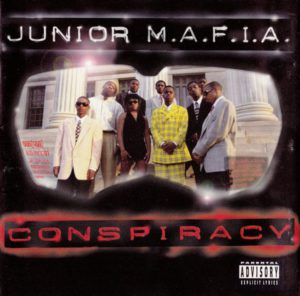
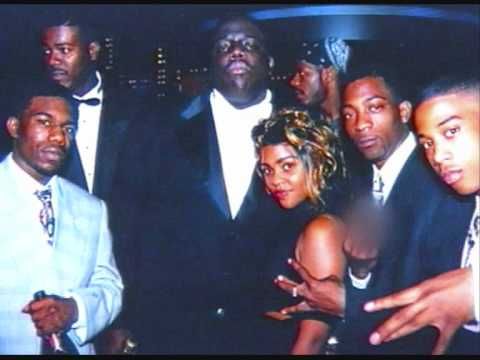
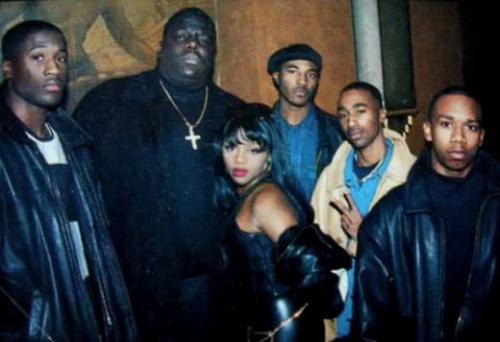
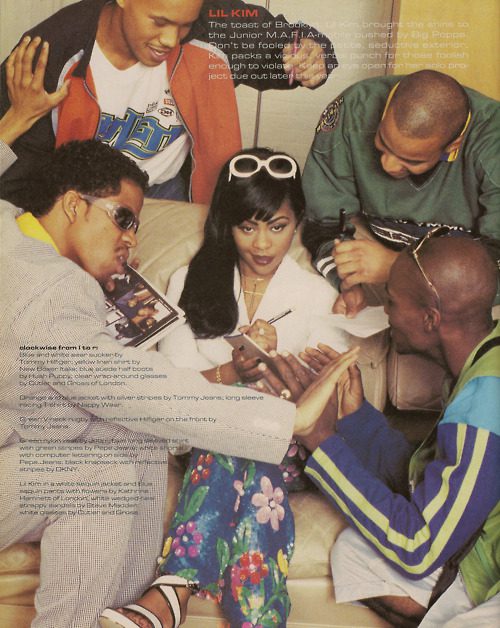
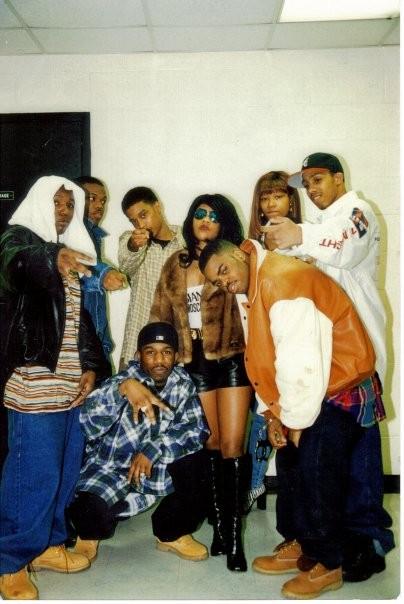
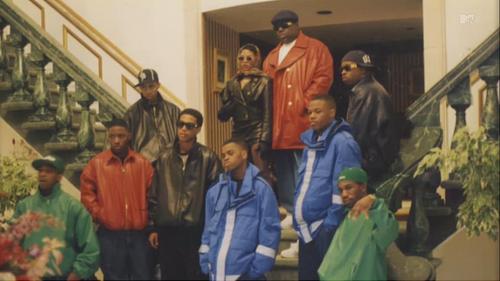


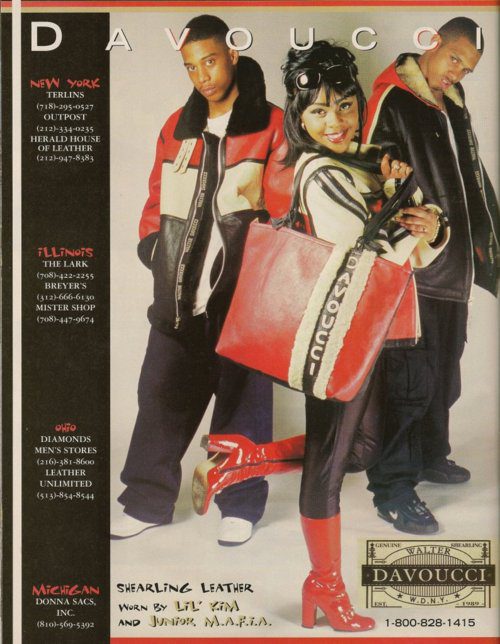






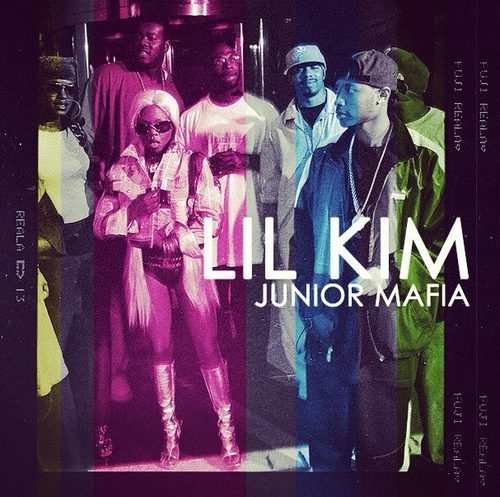

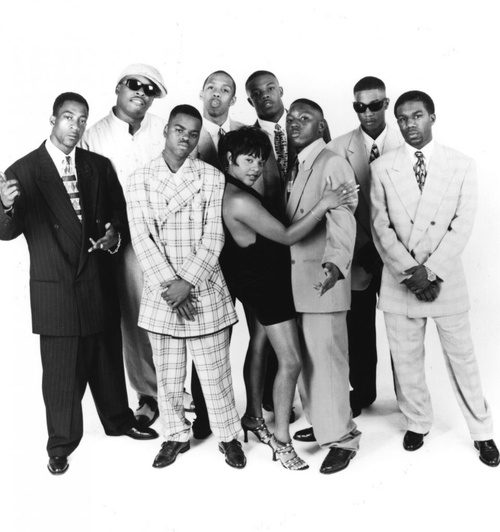

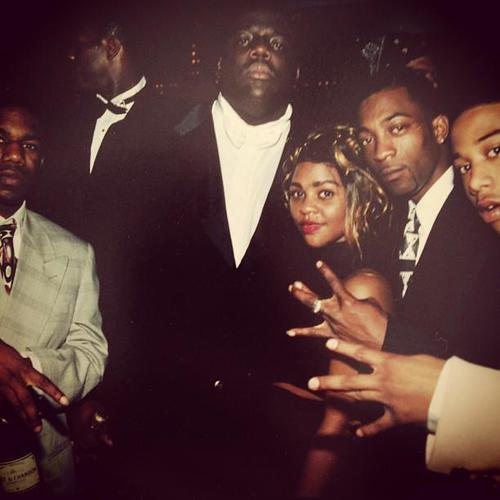
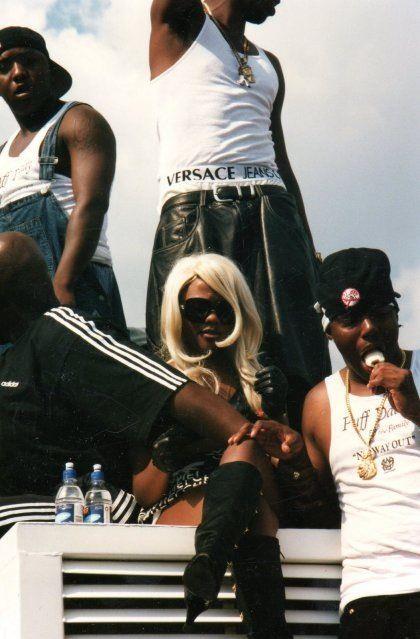



In an interview with Uproxx, Lil’ Kim reveals how she was inspired by MC Lyte, Salt-N-Pepa, and Roxanne Shante. Lil’ Kim related MC Lyte personally because they were both from Brooklyn, had similar voices, and were the only women in most settings. Lil’ Kim remembers how she would watch MC Lyte’s videos and listen to her songs and say, “she’s really me.” Although they have very different sounds, Lil’ Kim was influenced by the female hip hop Salt-N-Pepa. What Lil’ Kim liked about them was how aggressive and boldly they expressed their sexuality, which is something she knew was always within her. Lil’ Kim also gives credit to Roxanne Shanté, another New York woman in rap. She says she identified most with Roxanne Shanté because they grew up in the streets. Lil’ Kim recalls how she would see Roxanne at the Empire Skating Rink surrounded by men from the streets and think, “that’s me.” She admired how Roxanne was authentic, and this highly motivated Lil’ Kim to rap and tell her story. Lil’ Kim was also inspired by Slick Rick, The Notorious B.I.G., Eric B. & Rakim, Queen Latifah, and Mary J. Blige. All of these influences molded her into a rough, sexual, hardcore lyricist and rapper.
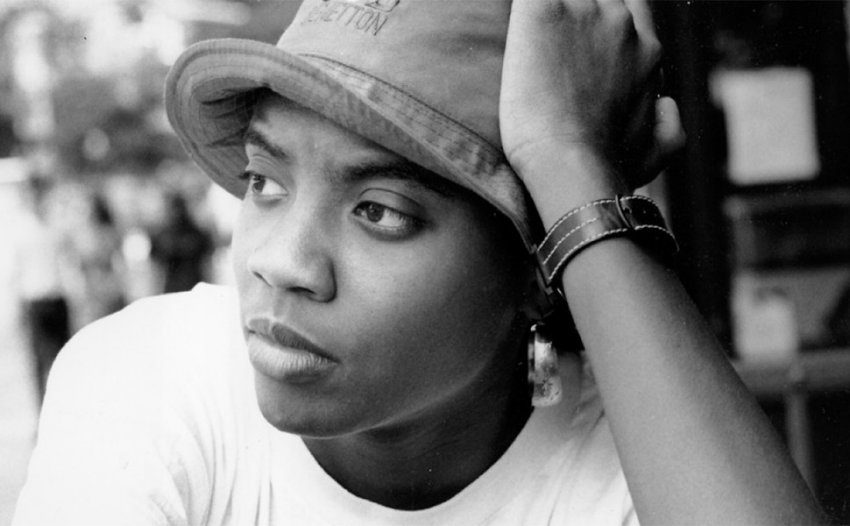
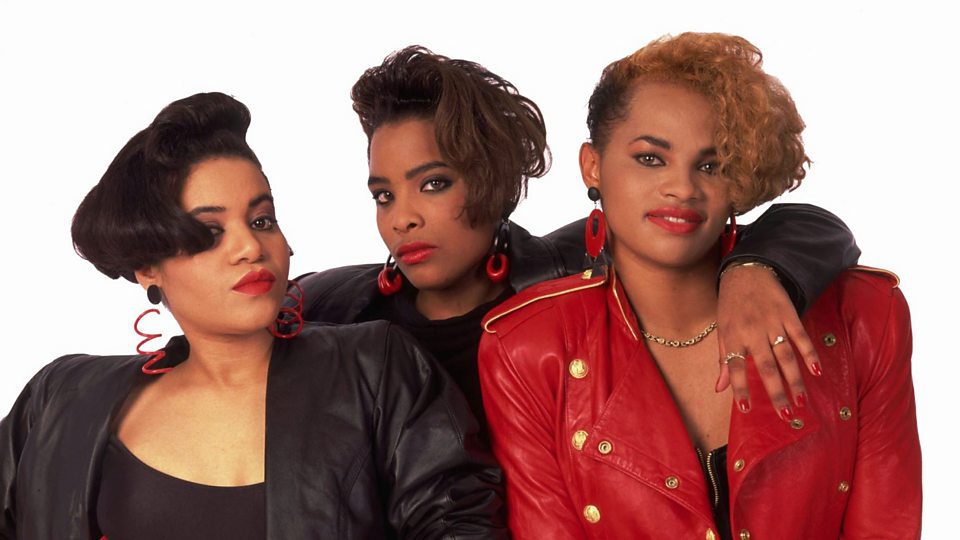
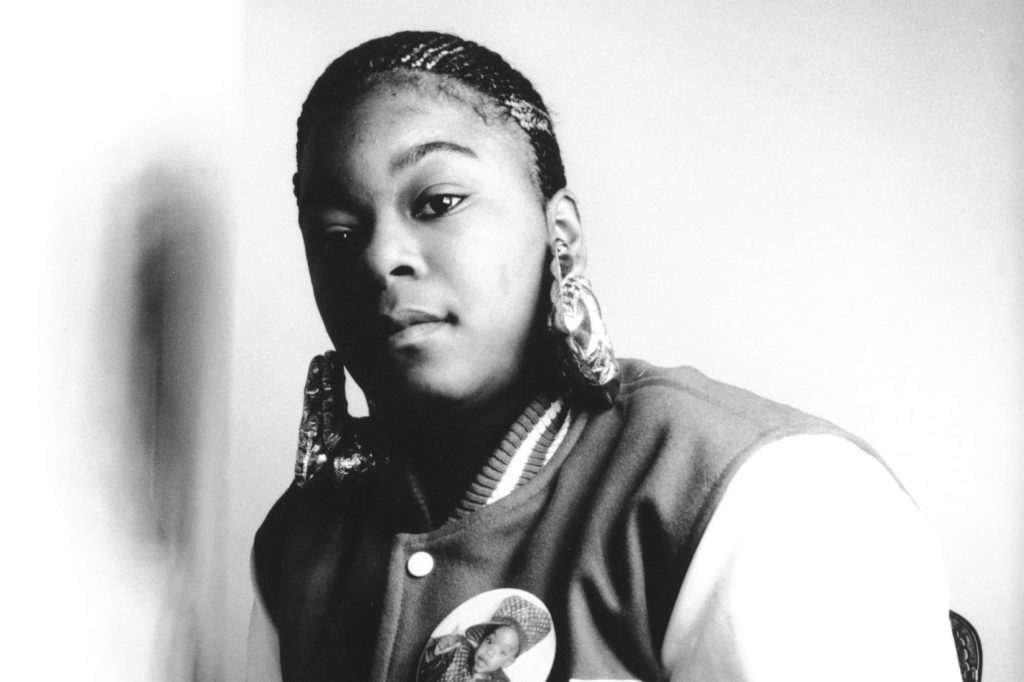
Lil’ Kim has a very impressive discography. Her RIAA Certified double, platinum debut studio album Hard Core was released on November 12th, 1996. Hard Core reached #11 on the Billboard 200 Chart and reached #3 on the R&B/Hip-Hop Albums Chart. Lil’ Kim released three smash singles, “Crush On You,” “Not Tonight (Remix),” and “No Time,” all of which were #1 Hot Rap Singles. Multiple producers produced Hard Core, but the majority of the album was produced by Puffy, Stevie J., The Notorious B.I.G., and Jermaine Dupri. “Not Tonight (Remix)” is one of the most iconic collaborations between women rappers. The album is so important because it embodied everything that hip hop stands for and, today, is respected as a classic.
What Lil’ Kim did on Hard Core changed everything for women in hip-hop. She refined what it means to be a female rapper and added significance and respect to this title. Those that came before Lil’ Kim could not break this boundary to the level that she did. Lil’ Kim fearlessly rapped sexually explicit lyrics that her male counterparts were praised for. At this point in hip-hop, men exploited women’s sexuality to make songs, gain an audience, and earn money. Lil’ Kim completely flipped the script and portrayed men’s sexuality in the same way while introducing a transformative narrative of liberated women’s sexuality. The power of reclamation created a lasting impact on women in rap. However, people don’t like it when women talk about their bodies and sexuality, so Lil’ Kim received some backlash. At some stores, they sold the album with a paper bag over it! Yet, Hard Core proved to be a major success and launched Lil’ Kim into superstar status. Hard Core earned a Soul Train Lady of Soul Award for Best R&B/Soul or Rap Video in 1997 and 1998 for the music videos of “Crush On You” and “Not Tonight (Remix).” The album is ultimately the most innovative in hip hop history.
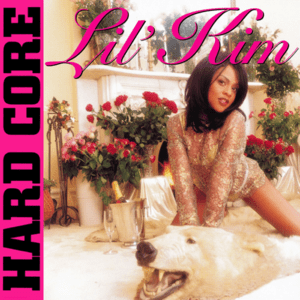


Lil’ Kim then released The Notorious K.I.M. in 2000, produced by Puffy—now Puff Daddy. The death of the Notorious B.I.G. in 1997 devastated Lil’ Kim because of their past. At one point, they were in an abusive, complicated relationship, but Lil’ Kim’s love for him never died. As a result, Lil’ Kim wanted to honor Biggie and carry on his legacy. The Notorious K.I.M. was her most versatile body of work and extremely vulnerable. Lil’ Kim shared with the L.A. Times that Biggie’s influence is very evident on the album. She also shared that creating the album was challenging since Biggie was part of all her production. Lil’ Kim faced a setback as multiple songs were leaked from the album and set back the release date. Yet, The Notorious K.I.M. sold almost 1.M copies, selling 235,000 copies in the first week. The album debuted on the Billboard 200 Chart at #4. Lil’ Kim incorporated many R&B artists such as Carl Thomas, Mary J. Blige, CeeLo, and Sisqó on the album’s hit song “How Many Licks.” Lil’ Kim also drew inspiration from Cuban music on her song “No Matter What They Say.”
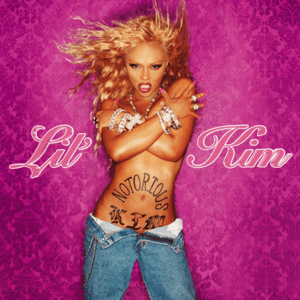
Although Lil’ Kim has always had outstanding features, she made history the following year. Lil’ Kim collaborated with Mya, Christina Aguilera, and P!nk for the Moulin Rouge! (2001) soundtrack. Together, the four women remixed the 1974 “Lady Marmalade” by the Nightbird and originally named their remix “Lady Marmalade.” The single was Lil’ Kim’s first #hit on the Billboard Hot 100 Chart. It sold 5.2 copies globally in its first eight months alone. By 2002, Lil’ Kim won a Grammy and two MTV VMAs for “Lady Marmalade.” Lastly, it remained on the Billboard Top 40 Chart as an all-women collaboration for the longest period of time.
Lil’ Kim released three additional albums. La Bella Mafia was released in 2003. In the first week, it sold 166,000 copies, reached #5 on the Billboard 200 Chart, and reached #4 on the Top R&B/Hip-Hop Albums. The album was also the highest-selling female rap album in 2003 as it sold over 2 million copies worldwide. “Magic Stick” and “The Jump Off” were the biggest hits on La Bella Mafia. Next, The Naked Truth was released in 2005. “Lighters Up” was a hit single, but the album only reached #6 on the Billboard 200 Chart. The Naked Truth only sold 394,000 copies within three years. Most recently, Lil’ Kim released 9 in 2019. Lil’ Kim incorporated more singing, autotune trap, and displayed the talents that continue to distinguish her. Although 9 did not perform well, the fact that she still creates music is significant since women in rap tend not to be late in their careers.
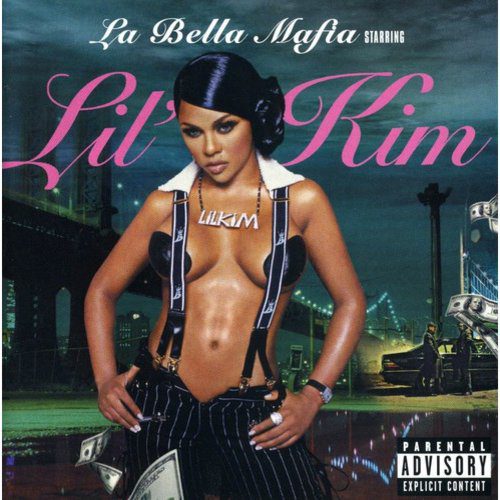

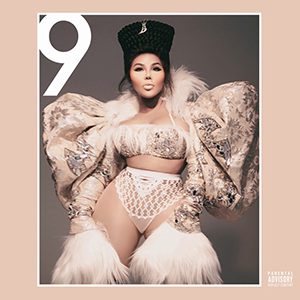
Hip Hop is still a very male dominated industry. However, Lil’ Kim was never alone as a woman in rap and found unity and friendship with the other women in rap. All these women were game-changers. Lil’ Kim changed the game alongside Missy Elliot, DaBrat, Left Eye, Foxy Brown, MC Lyte, Salt-N-Pepa, Eve, and Queen Latifah.
Grammy Award: Best Pop Collaboration with Vocals (2002)
3 MTV Video Music Awards: Viewers Choice (1998), Video of the Year (2001), and Best Video from a Film (2001)
3 Source Awards: Female Artist of the Year (2003), Female Single of the Year (2003), and 5 Mics (2005)
2 Groovevolt Music & Fashion Awards: Most Fashionable Music Video (2004) and Best Hip-Hop Deep Cut (2004)
2 Lady of Soul Awards: Best R&B/Soul or Rap Music Video (1997 and 1998)
2 BMI Urban Awards: Awards Winning Songs (2005 and 2008)
BET Hip-Hop Awards: I Am Hip-Hop (2019)
Billboard Music Awards: Director of the Year (2002)
BMI Pop Awards: Most Performed Songs (2005)
Urban Music Awards: Best Night Club Song (2004)
The Music Factory Awards: Beste Clip (2001)
Radio Music Awards: Top 40 Pop Radio Song of the Year (2001)
Teen Choice Awards: Choice Song of the Summer (2001)
Sister 2 Sister Intergenerational Celebration: “You’re My Sis” Award (2002)
Power of Influence Awards: Honouree (2018)
4 Music Video Production Association Awards: Best Urban/R&B Video of the Year (1997), Best Hip-Hop Video Of The Year (2001), Best Hair In A Music Video (2001), Best Styling in a Video (2001)
Lil’ Kim uses her platform to create change through her foundation Lil’ Kim Cares. Her foundation combats domestic abuse and serves the needs of women in abusive relationships. Given her past experience with abuse, Lil’ KimWishes that her foundation was around When she was in abusive relationships. Lil’ Kim Cares also educates people about HIV/AIDS, child abuse and neglect, transitional living, and assists those experiencing homelessness. Lil’ Kim reflected on her negative experience, recognized an opportunity to turn it into productive, positive energy, and ultimately made a difference in the lives of many. Through her work to improve society, she proves she is far from a victim—she is a survivor.
If you look up current pictures of Lil’ Kim, you might notice that her physical appearance changed drastically. Although she conveys messages of confidence in her music, Lil’ Kim deals with low self-esteem. During her time in New Rochelle, the white girls in her neighborhood teased her about her looks. Sure, little kids are mean. But these tauntings stuck with Lil’ Kim and followed with her into adulthood. In an interview with Newsweek, Lil’ Kim shared that men, even the ones she dated, told her she wasn’t “pretty enough.” The lack of validation from men clouded her perception of her beauty, and she could never recognize her natural beauty. She also was cheated on with women who had eurocentric features, such as light skin and small noses, and always thought about how she could “compete.”
These failed relationships were also abusive and literally altered Lil’ Kim’s face. In a 2005 interview, she revealed that she had a nose job and shortly afterward was physically assaulted by a boyfriend and had to have more surgeries to fix the damages. It’s also important to note that Lil’ Kim wore big sunglasses frequently. She made it a trend, but behind the glasses were black eyes, she got at the hands of Biggie. Lil’ Kim was always searching for approval and wanted to be good enough. She bleached her skin, got a nose job, and wore colored contacts thinking it would solve all her problems. She blamed herself and her appearance for how she was treated, instead of understanding that it was colorism and male violence. She may not advocate against domestic violence and colorism; however, she serves as an example of how both concepts impact many Black women. Lil’ Kim is a survivor, and she is not the last survivor, but she should remind everyone why they need to do better for Black women.

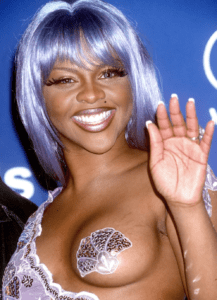




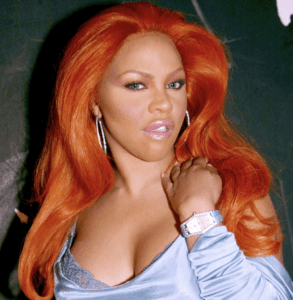







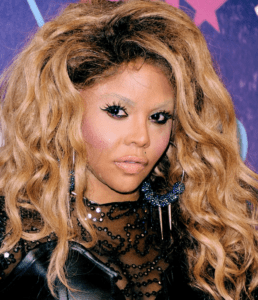




Lil’ Kim has proved to be one of the greatest rappers of all time and one of the greatest female rappers of all time. Her blueprint has been copied and pasted by numerous women in rap. Lil’ Kim’s influence can be heard in almost every female rapper’s song.

Brown, Preezy. “Lil Kim’s ‘Hard Core’: A Definitive Album Track Ranking.” Vibe, 23 Mar. 2018, www.vibe.com/2016/11/lil-kim-hard-core-album-anniversary.
Cragg, Michael. “Interview: the Wrath of Lil Kim.” The Guardian, Guardian News and Media, 19 July 2013, www.theguardian.com/music/2013/jul/19/lil-kim-interview.
Guzman, Isaac. “Lil’ Kim: Notoriously Misunderstood.” Los Angeles Times, Los Angeles Times, 25 June 2000, www.latimes.com/local/la-me-biggie25jun00-story.html.
hooks, bell. “Hardcore Honey: Bell Hooks Goes on the Down Low with Lil’ Kim.” Paper Magazine, July 11th, 2014.
Jordan, Jacquelyn. “From Queen Latifah to Lil’ Kim: The Evolution of the Feminist M.C.” Maneto Undergraduate Research Journal, vol. 1, no. 1, 2018, doi:10.15367/m:turj.v1i1.77.
Lil Kim Area. “Lil’ Kim names her rap Influences | The Source Awards 1999.” YouTube, 12 Nov. 2017, https://www.youtube.com/watch?v=rvBhpoT5N_o
Oware, Matthew. “A ‘Man’s Woman’? Contradictory Messages in the Songs of Female Rappers, 1992-2000.” Journal of Black Studies, vol. 39, no. 5, 2009, pp. 786–802. JSTOR, www.jstor.org/stable/40282596. Accessed 14 Nov. 2020.
QueenBeeTV. “Lil’ Kim talks plastic surgery with Angie Martinez (2005).” Youtube, 16 Dec 2012 https://www.youtube.com/watch?v=bQvoD95S5Iw
Samuels, Allison. “A Whole Lotta Lil’ Kim.” Newsweek, Newsweek, 14 Mar. 2010, www.newsweek.com/whole-lotta-lil-kim-160903.
Shaviro, Steven. “Supa Dupa Fly: Black Women As Cyborgs in Hiphop Videos.” Quarterly Review of Film and Video, vol. 22, no. 2, 2005, pp. 169–179., doi:10.1080/10509200590921962.
Thomas G. (2009) Introduction. In: Hip-Hop Revolution in the Flesh. Palgrave Macmillan, New York. https://doi.org/10.1057/9780230619111_1
UPROXX Video. “ Lil Kim On Her Female Rap Influences — MC Lyte, Salt-N-Pepa, Roxanne Shanté | People’s Party Clip.” YouTube, 12 Nov 2019 https://www.youtube.com/watch?v=vbzGHNvAYzQ
Walker, Amber, “Shakin’ Exploitation: Black Female Bodies in Contemporary Hip-Hop and Pornography” (2011). Honors Papers. 428. https://digitalcommons.oberlin.edu/honors/428
Wilson, Nancy Effinger. “The Literacies of Hip-Hop.” College Composition and Communication, vol. 59, no. 3, 2008, pp. 538–547. JSTOR, www.jstor.org/stable/20457020. Accessed 14 Nov. 2020.
Witt, Aja. Colorism in the Music Industry and the Women It Privileges, 2018.
Zook, Kristal Brent. “The Mask of Lil’ Kim.” The Washington Post, WP Company, 3 Sept. 2000, www.washingtonpost.com/archive/lifestyle/style/2000/09/03/the-mask-of-lil-kim/b9a06fe7-adde-49fa-9259-aa1dbf71e655/.
Folk Music Thesis Folk is important because it inspired change during the Civil Rights Movement and united Americans of all races under one cause. History
Sounds to Move Your Spirit: Negro Spirituals Thesis Negro spirituals were an essential component to the survival of enslaved African-Americans and demonstrate attitudes of resistance
Don’t Throw in the Towel…It’s Ragtime! Thesis This simple creation of ragtime reveals how African-Americans are naturally creative, gifted, and advanced in the arts. About
Can Jubileeve It? Thesis Jubliee quartets are an important part of African-American music because they broke barriers and created space for African-American artists to compete
Jazz it Up! Thesis Traditional jazz is a transformative music genre as it supports Black intellects and creatives. About In the early 20th century, jazz
Bessie’s Blues Thesis Blues is an important part of African-American music because it provided an outlet for unapologetic expressions and a way to define the

Login to your account